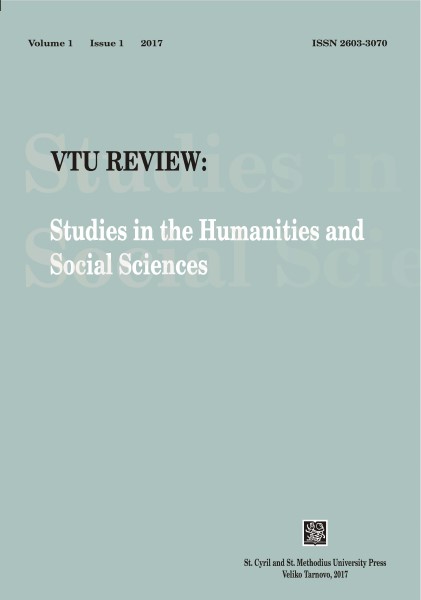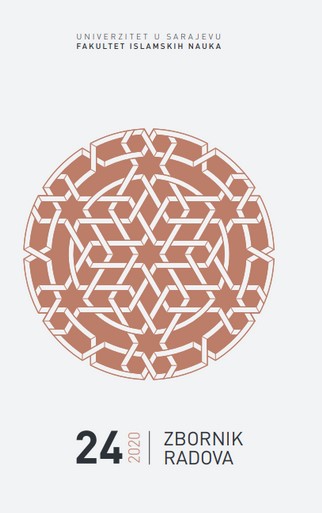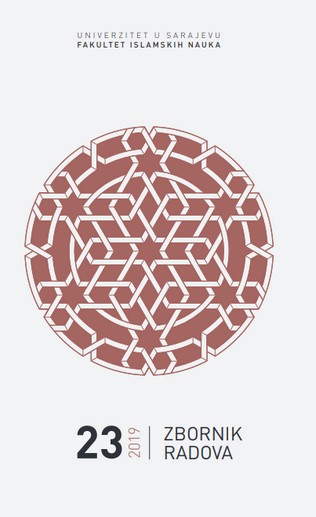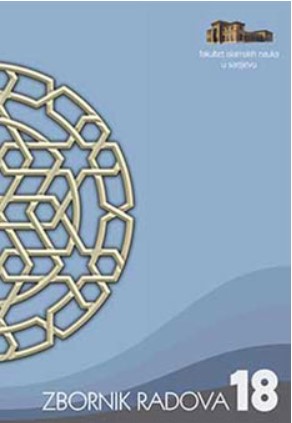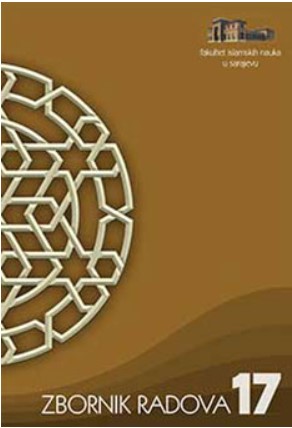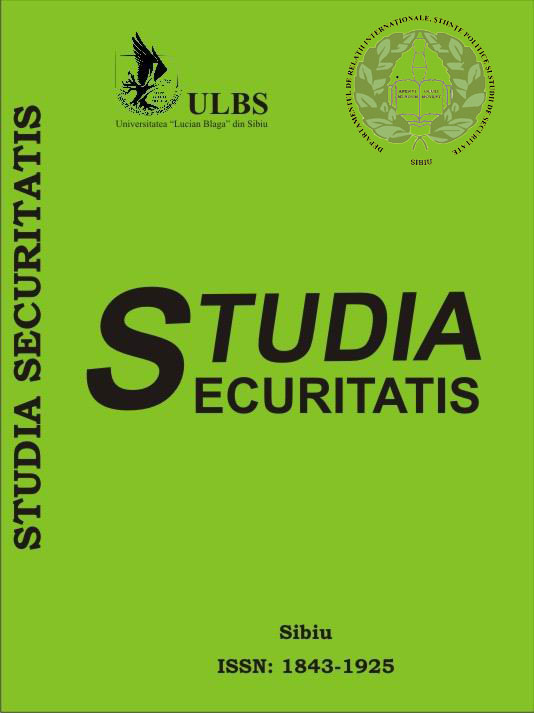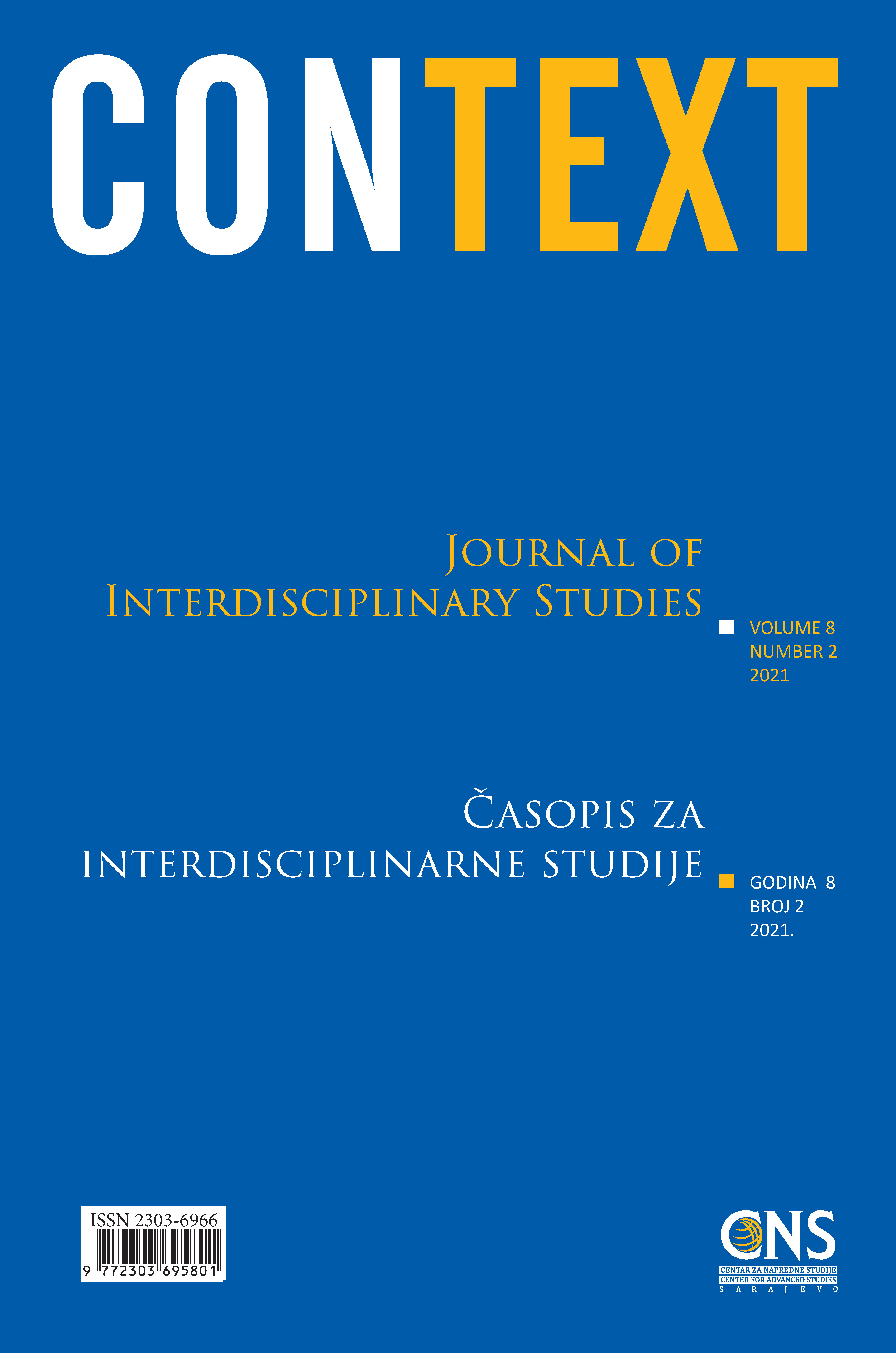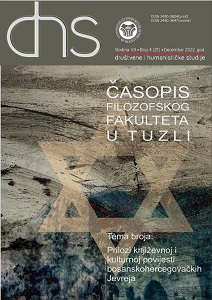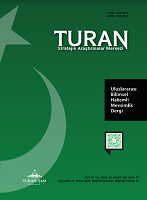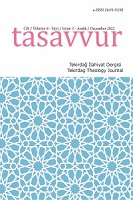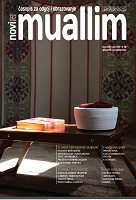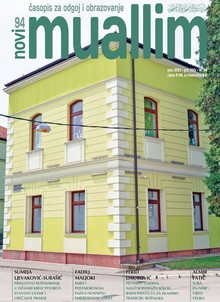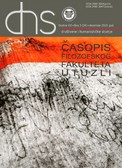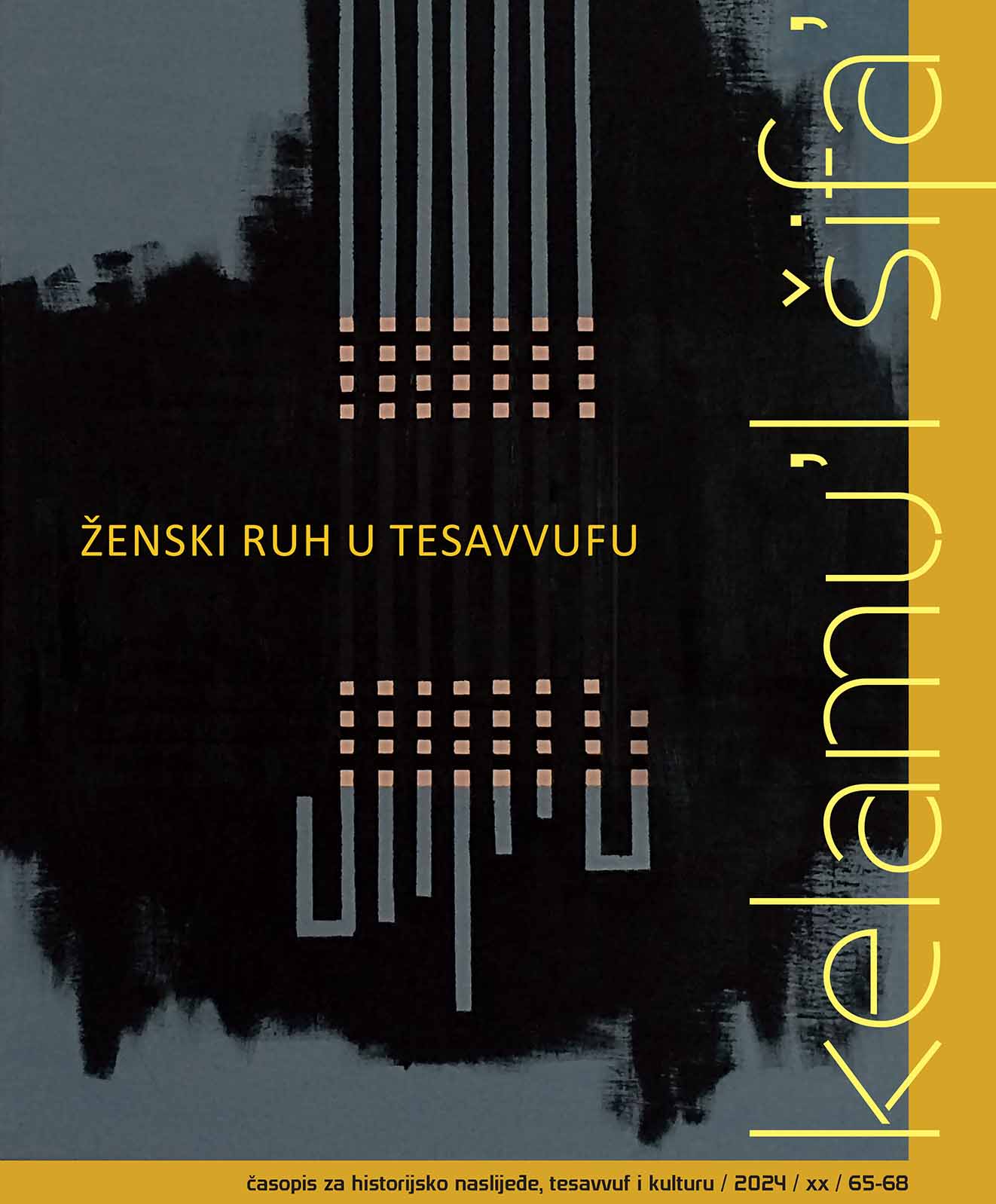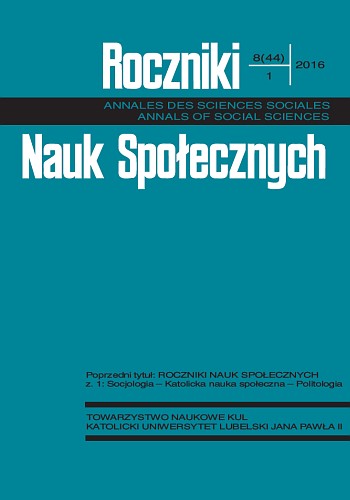
Państwo Islamskie - aktor państwowy czy niepaństwowy?
Islamic State, as the name suggest, is going to be perceived and treated not as a mere terrorist organization, but rather as a caliphate, Islamic state. In the last decades many violent non-state actors have propagated the idea of caliphate but none of them have never accomplished the idea. Islamic State can be treated as the first organization, which declare and what is more important create state structures, responsible for administrating conquered territory. To some extent Islamic State fulfills thecriteria for statehood listed in the Montevideo Convention on the Rights and Duties of States, 1933. But the basic question is whether it can be recognized as a state in the light of international law?
More...
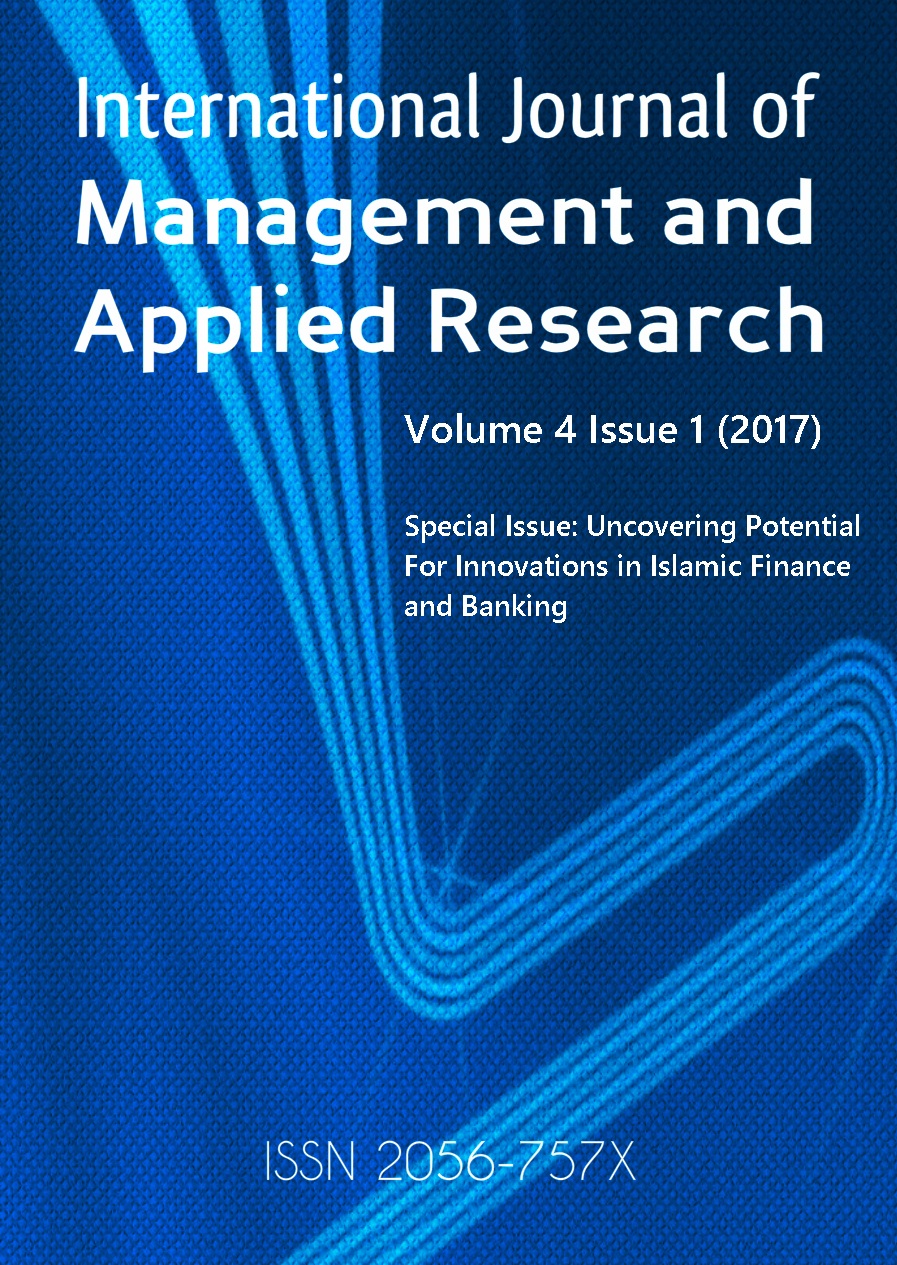
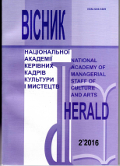
![Арабският свят и ислямът в културно-историческа перспектива. Изследвания в чест на проф. д.и.н. Йордан Пеев. Състав., [предг.] Павел Павлович, Симеон Евстатиев. София, Изток-Запад, 2017. 255 с.](/api/image/getissuecoverimage?id=picture_2018_44935.jpg)
